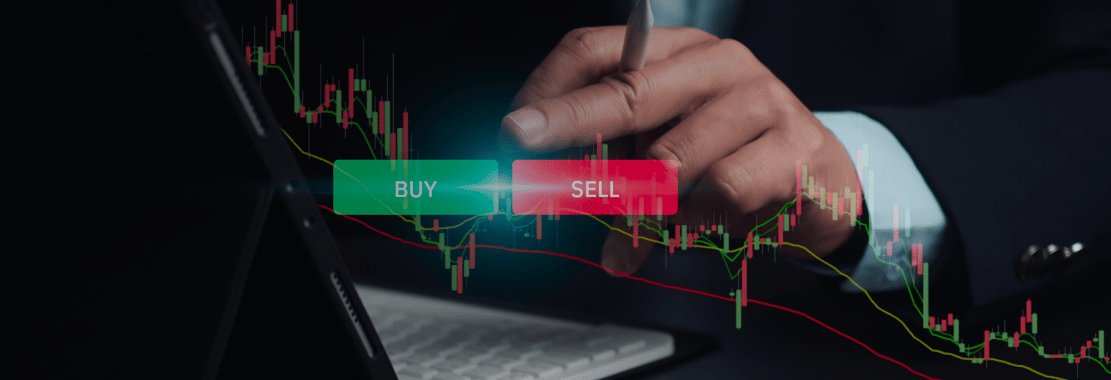There are many financial contracts that investors can be a part of in the stock market. Options are one such financial contract. These financial contracts are one of the most flexible contracts in the stock market as they do not put the option holder under an obligation to carry out any action.
As a part of options contracts, investors can write off or sell these contracts based on the income that is earned through the premium. Before anyone starts trading in options contracts, investors must understand more about factors like option premium, expiry, strike price etc. Here we will dive a little deeper into the question of “What is option premium?”
Importance of understanding option premiums
An option premium refers to the price paid by the buyer to the seller for acquiring an option contract. This amount grants the buyer the right, but not the obligation, to buy or sell an underlying asset at a specific price within a particular timeframe. Understanding how this premium is determined and what influences it is fundamental in the options market.
Option premiums can reflect several variables including market conditions, volatility, time to expiry, and intrinsic value. Since they form a part of both speculative and hedging strategies, knowledge of premiums allows participants to evaluate contract value under varying scenarios.
An option can be defined as a derivative contract that enables the option holder to buy or sell the underlying security. This buying or selling is done on or before a pre-determined date which is called the option expiry date and at a predetermined price, known as the strike price.
Now for the option premium. The option premium can be described as the price that is paid to purchase the options contract. However, if you are looking to sell an options contract, you will earn an option premium from the investor purchasing the contract. Several factors influence the price of an option premium and we will be looking into what all of them are.
Additional Read: What is Options Trading?
Factors Affecting Option Premium
The calculation of an option premium is influenced by multiple factors, each of which plays a role in determining its total value. These factors include:
Intrinsic Value
This is the difference between the current market price of the underlying asset and the option’s strike price. If the option is in-the-money, the intrinsic value is positive.
Time Value
The longer the time to expiry, the higher the time value, as there is more scope for the asset price to move favourably.
Volatility
Higher expected volatility increases the premium, as the potential for favourable movement in the option’s value becomes greater.
Interest Rates
Rising interest rates may increase call premiums and decrease put premiums.
Dividends
Expected dividend payouts may reduce the value of call options and increase the value of puts.
These factors work in combination, and changes in one or more can lead to real-time adjustments in premium pricing.
How Option Premium Calculation Done
Option premium calculation is a multi-step process, commonly performed using pricing models such as the Black-Scholes Model for European options and the Binomial Model for American options. The calculation incorporates both intrinsic and extrinsic (time) values.
Intrinsic Value Calculation
For a call option
Current Market Price – Strike Price (if the value is positive; otherwise, zero).
For a put option
Strike Price – Current Market Price (if the value is positive; otherwise, zero).
Extrinsic Value (Time Value):
This is computed as the difference between the option premium and intrinsic value. It is influenced by factors such as time to expiry, implied volatility, and prevailing interest rates.
For example, if a call option has a premium of ₹25, and the intrinsic value is ₹15, then the time value component is ₹10.
Model-Based Pricing:
In more advanced scenarios, traders and institutions use the Black-Scholes or Binomial models, which apply probabilistic frameworks to price an option based on volatility, time, and risk-free interest rates.
Understanding these calculations helps market participants assess whether an option is priced in alignment with prevailing market conditions.
Role of Option Premium in Options Trading
The option premium serves as a cost to the buyer and income to the seller of an option contract. It is a critical element in evaluating the potential return or risk of a trade.
For buyers, the premium represents the upfront expense needed to secure rights under the contract. For sellers (or writers), it reflects the compensation for taking on potential obligations under the option terms.
Option premiums also influence breakeven points and strategy formulation. For instance, in a call option, the breakeven price is the strike price plus the premium paid. In a put option, it is the strike price minus the premium.
Premiums also allow traders to evaluate opportunity cost, time decay (theta), and implied market volatility, all of which play a role in shaping trade execution and risk exposure.
Additional Read: Trading Account: Definition, Types, How to Open & Key Benefits
Conclusion
The option premium is essentially a value a trader has to pay when they enter an option contract. Think of the option premium as an ever-changing pricing that is often affected by many factors by multiple volatile factors. By knowing the option premium, traders gain more clarity into the profit or loss potential of a particular options contract. By comparing these premiums, traders can make the best investment decision based on their financial goals.















